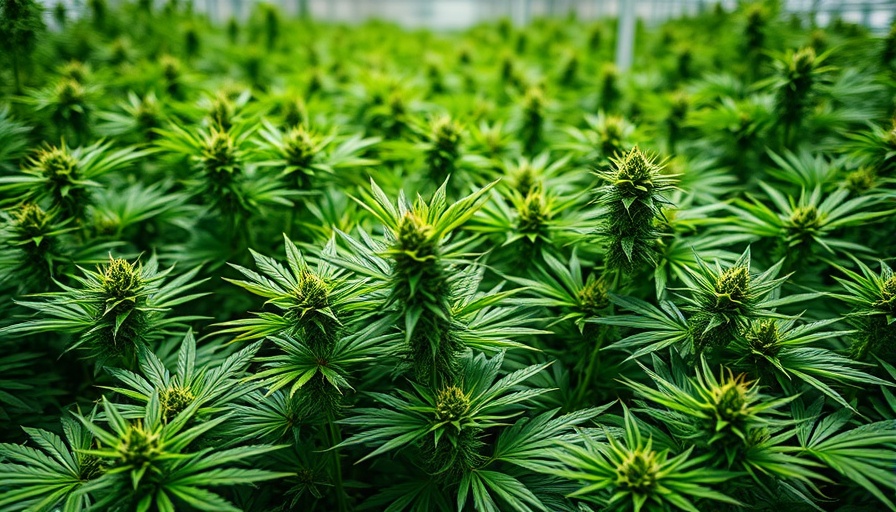
A Major Blow to the Illegal Drug Trade
In an impactful operation carried out on Sunday, the Guyana Police Force's Narcotics Branch, along with Regional Division Six, successfully destroyed over $409 million in cannabis in the Upper Berbice River region. This considerable crackdown highlights the ongoing efforts of law enforcement to combat illegal drug cultivation and distribution, particularly in remote areas where such activities often thrive.
Details of the Eradication Operations
The first phase of the operation took place in Zion, where police discovered a two-acre plot preparing for cannabis cultivation. Adjacent to this site was a makeshift camp that included living quarters and a kitchen area, along with a section dedicated to drying cannabis. Approximately 350 pounds of dried marijuana valued at $142.8 million were found and destroyed by fire.
Following the first operation, police initiated a second raid in Kalkuni. Here, they encountered another two-acre plot, this time with around 3,000 cannabis plants varying in height from two to seven feet. In a similar makeshift camp, police seized 650 pounds of dried cannabis, and they also confiscated two unlicensed shotguns with 19 cartridges. All illicit items were destroyed on-site, marking what authorities deem a significant victory in the fight against drug trafficking.
Significance of the Crackdown
These eradication exercises are not just routine police activity; they represent a strategic endeavor to disrupt the narcotics trade within Guyana. By targeting key areas known for illegal drug production, law enforcement sends a clear message of zero tolerance towards drug cultivation in the region. The successful execution of these operations, carried out without incident, reassures the public of a focused approach to enhance safety and community health.
Ongoing Challenges and Community Impact
Despite these successes, the battle against drug trafficking remains a notable challenge for authorities. Cannabis cultivation often persists due to economic pressures and the lack of alternative livelihoods in hinterland communities. As such, local officials must continue to engage with these communities to provide support and alternatives that can deter future drug-related activities.
A Hopeful Outlook
As police operations like these increase, there is hope for a gradual transformation in these regions. By debilitating illegal growth and associated crimes, communities can potentially foster healthier environments. The public, recognizing the efforts of their police force, can stand together to support ongoing anti-drug initiatives, ensuring a safer future for all.
 Add Row
Add Row  Add
Add 




Write A Comment